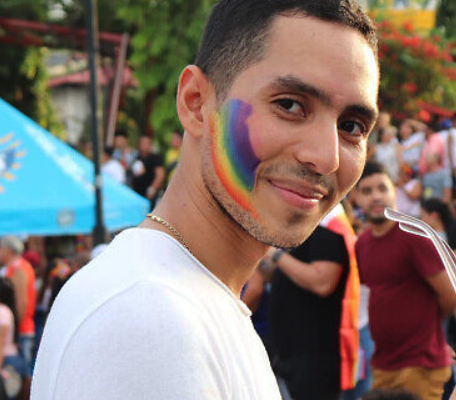Stressors among our LGBTIQ+ Community and the Role of Psychologists
The LGBTIQ+ community still face challenges and stressors that can impact wellbeing. It is important to note that this occurs in context of social stigma and discrimination, which in turn can impact individual mental health.
Minority stress is when stigmatised people face increased levels of stress due to discrimination associated with their identity. This can include facing higher rates of bullying, harassment, and prejudice across multiple life arenas including education, relationships, employment, and healthcare. It can be emotionally exhausting to constantly look out for threat, and result in feelings of isolation, psychological distress, anxiety, depression, and thoughts of suicide.
Social norms and heteronormative expectations can influence some LGBTIQ+ individuals to internalise negative self-talk, attitudes, or beliefs around sexual orientation and gender identity. These attitudes can make it challenging for the LGBTIQ+ community to share their identity, due to the uncertainty about whether people, including friends and family, will respond with acceptance and support.
Everyone’s experience can present a unique set of circumstances and challenges. We are here to walk alongside you to provide acceptance, and support you towards improving your wellbeing and mental health whilst acknowledging the very real challenges that may be faced in your broader networks and interactions in the world.
Foundation Psychology offers support for people in the LGBTIQA+ community by psychologists that understand (and are part of) the community.
Our approach:
Affirmation and validation: We aim to provide a safe and supportive environment where you can feel deeply listened to, understood, and free to express who you are. This therapeutic relationship in itself can challenge negative beliefs, and begin the path to self-acceptance.
Building your toolkit: We acknowledge that there are challenges you may face in the outside world. We work collaboratively with you to implement communication strategies, set boundaries with other people, develop your sense of self and identity, and build your repertoire of self-care practices to support your wellbeing.
Addressing mental health challenges: LGBTIQ+ people may experience a broad range of mental health conditions linked to minority stress such as anxiety, depression, post-traumatic stress disorder (PTSD), or substance abuse disorders. We are also aware that this can be a part of a larger story, consider you and your life holistically, and work within evidence-based frameworks to support you.
Connecting you with supportive networks: We can assist in connecting you to supportive networks, community resources, and healthcare providers who are affirming and knowledgeable about LGBTIQ+ concerns.
Overall, social pressures, heteronormative expectations, and minority stress can impact mental health, relationships, and sense of safety in the world. Seeking assistance from a psychologist can provide you with the opportunity to talk about your feelings, challenges and experiences, and gain some supportive tools in an environment that celebrates diversity and inclusion.
The LGBTIQ+ community encompasses individuals who identify as lesbian, gay, bisexual, transgender, intersex, queer, and other diverse sexual orientations and gender identities. If you’d like assistance, please do get in touch with us!

